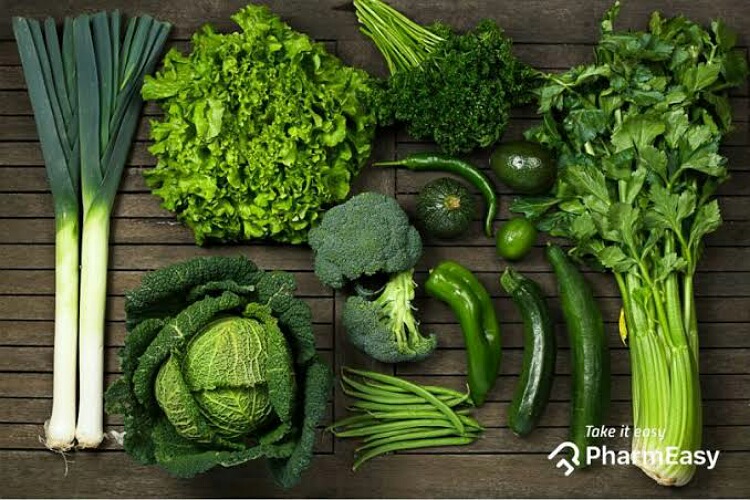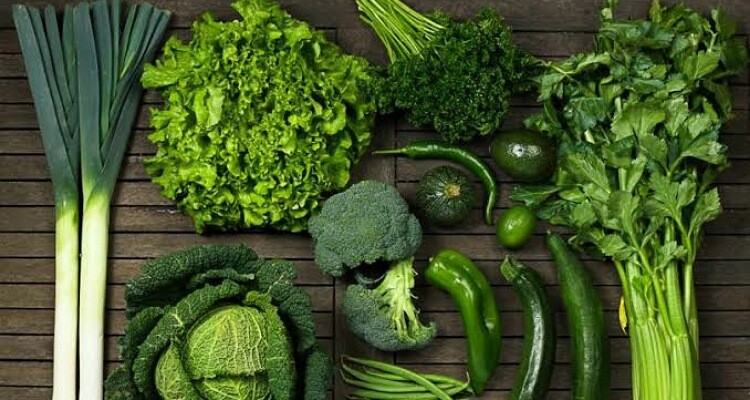Consuming healthy foods is extremely important for children since they are growing and developing. But kids of today are fussy eaters and fall in for junk foods.
They rarely touch vegetables and especially they dislike green leafy vegetables. As parents, one is at wit’s end to make children consume healthy foods.
But here there are some tips for parents to feed their children with healthy and nutritious vegetables. A new study discussed this aspect of eating in children.
Children and green vegetables
Modern age children dislike healthy foods. They are not particularly fond of green vegetables especially the green nutrition-packed leaves.
They fuss about it and end up eating junk foods that are loaded with unhealthy fats. This leads to malnutrition including obesity and other nutritional deficiencies also crop up.
Their health suffers and their growth and development gets retarded or gets absurd.

Parents get anxious about this and keep worrying on it. They remain unclear on how to make their children take in healthy foods.
A new study from Netherlands has talked on this aspect of children and found that rewarding a child after he or she consumes s health food goes a long way in establishing good eating habits in them.
The Netherlands study
Researches from the Maastricht University’s Institute for Food, Health and Safety by Design in Netherlands (former Hollands) conducted the study.
They recruited 600 children aged 1 to 4 years for this study. They assigned them randomly to one of these three groups: exposure/reward, exposure/no reward, and no exposure/no reward.
The latter was the control group. These children were from day care centers and the first two groups were allowed to try a range of vegetables served at the center over a period of three months.
In the first group, the kids after trying a new vegetable was given some fun reward such as a sticker or a toy after each trial. The second group tried new vegetables but with no reward following it.
The vegetables included tomato, lettuce, cucumber, carrot, onion, broccoli, peas, cauliflower, mushrooms, chicory, pumpkin, capsicum, green beans, and asparagus.

They found that in the control group, the children did not try many vegetables. In the second group, they tried as many vegetables as they had stated before start of the study.
But in the rewarded group, they tried more vegetables than that mentioned st the start of the study.
It was obvious that children eat more healthy foods with rewards. The authors presented this paper at the European Congress on Obesity, Maastricht, the Netherlands, May 4-7 2022.
What authors want to say and conclude?
The lead researcher Britt van Belkom states:
“It’s important to start eating vegetables from a young age,”
She added:
“We know from previous research that young children typically have to try a new vegetable eight to 10 times before they like it,”
“And so we looked at whether repeatedly asking children to try some vegetables would make them more willing to eat their greens. We were also interested in whether providing a fun reward would make a difference.”

The author continued:
“Regularly offering vegetables to toddlers at day care centers significantly increases their ability to recognize various vegetables,”
“But rewarding toddlers for tasting vegetables appears to also increase their willingness to try different vegetables.”
According to her, the reward should be fun type and not another food.
Also read here, Mediterranean style diet: The healthy diet pattern your favorite celebrities are in love with!
